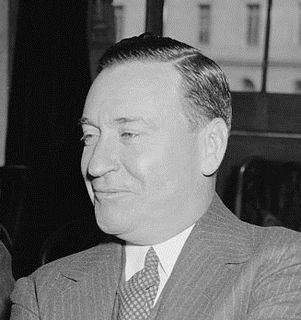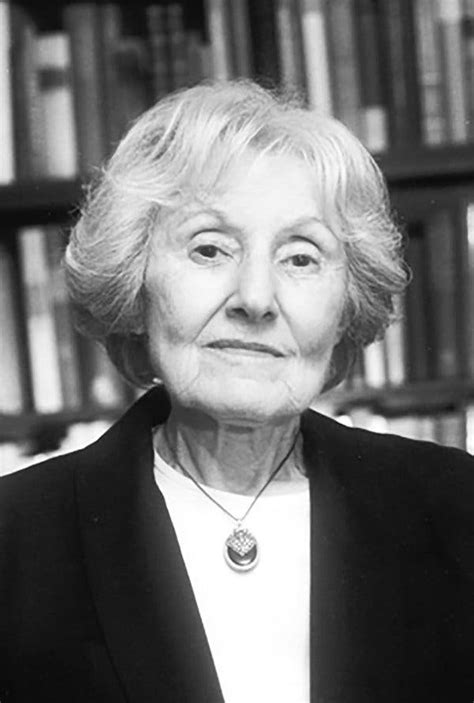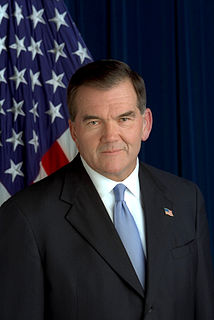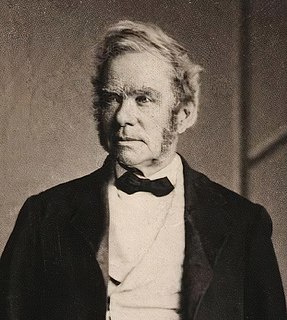A Quote by Friedrich August von Hayek
Liberty not only means that the individual has both the opportunity and the burden of choice; it also means that he must bear the consequences of his actions. Liberty and responsibility are inseparable.
Quote Topics
Related Quotes
The fact is that liberty, in any true sense, is a concept that lies quite beyond the reach of the inferior man's mind. And no wonder, for genuine liberty demands of its votaries a quality he lacks completely, and that is courage. The man who loves it must be willing to fight for it; blood, said Jefferson, is its natural manure. Liberty means self-reliance, it means resolution, it means the capacity for doing without . . . the average man doesn't want to be free. He wants to be safe.
We know that the only alternative to private competition is government monopoly of enterprise. We know that when government monopolizes production, distribution, and employment, it is no longer the servant of men - it is their master. And, therefore, we know that economic liberty and political liberty are inseparable parts of the same ball of wax - that we must keep them both, or we shall lose them both.
As liberty of thought is absolute, so is liberty of speech, which is 'inseparable' from the liberty of thought. Liberty of speech, moreover, is essential not only for its own sake but for the sake of truth, which requires absolute liberty for the utterance of unpopular and even demonstrably false opinions.
The issue of religious liberty is absolutely critical. America was founded on three different types of liberty: political liberty, economic liberty, and religious and civil liberty. It's remarkable that, one-by-one, these strands of liberty are coming under fierce attack from the Left. And that's particularly ironic because "liberal" derives from a word which means "liberty," the free man as opposed to the slave. This liberalism which we're saddled with today isn't a real liberalism at all, but a gangster style of politics masquerading as liberalism.
The essence of Vanderbilt is still learning, the essence of its outlook is still liberty, and liberty and learning will be and must be the touchstones of Vanderbilt University and of any free university in this country or the world. I say two touchstones, yet they are almost inseparable, inseparable if not indistinguishable, for liberty without learning is always in peril, and learning without liberty is always in vain.
Government means always coercion and compulsion and is by necessity the opposite of liberty. Government is a guarantor of liberty and is compatible with liberty only if its range is adequately restricted to the preservation of economic freedom. Where there is no market economy, the best-intentioned provisions of constitutions and laws remain a dead letter.
The liberty I mean is social freedom. It is that state of things in which liberty is secured by the equality of restraint. A constitution of things in which the liberty of no one man, and no body of men, and no number of men, can find means to trespass on the liberty of any person, or any description of persons, in the society. This kind of liberty is, indeed, but another name for justice.
Those who won our independence believed that the final end of the state was to make men free to develop their faculties... They valued liberty both as an end and as a means. They believed liberty to be the secret of happiness and courage to be the secret of liberty... that public discussion is a political duty; and that this should be a fundamental principle of the American government.



































